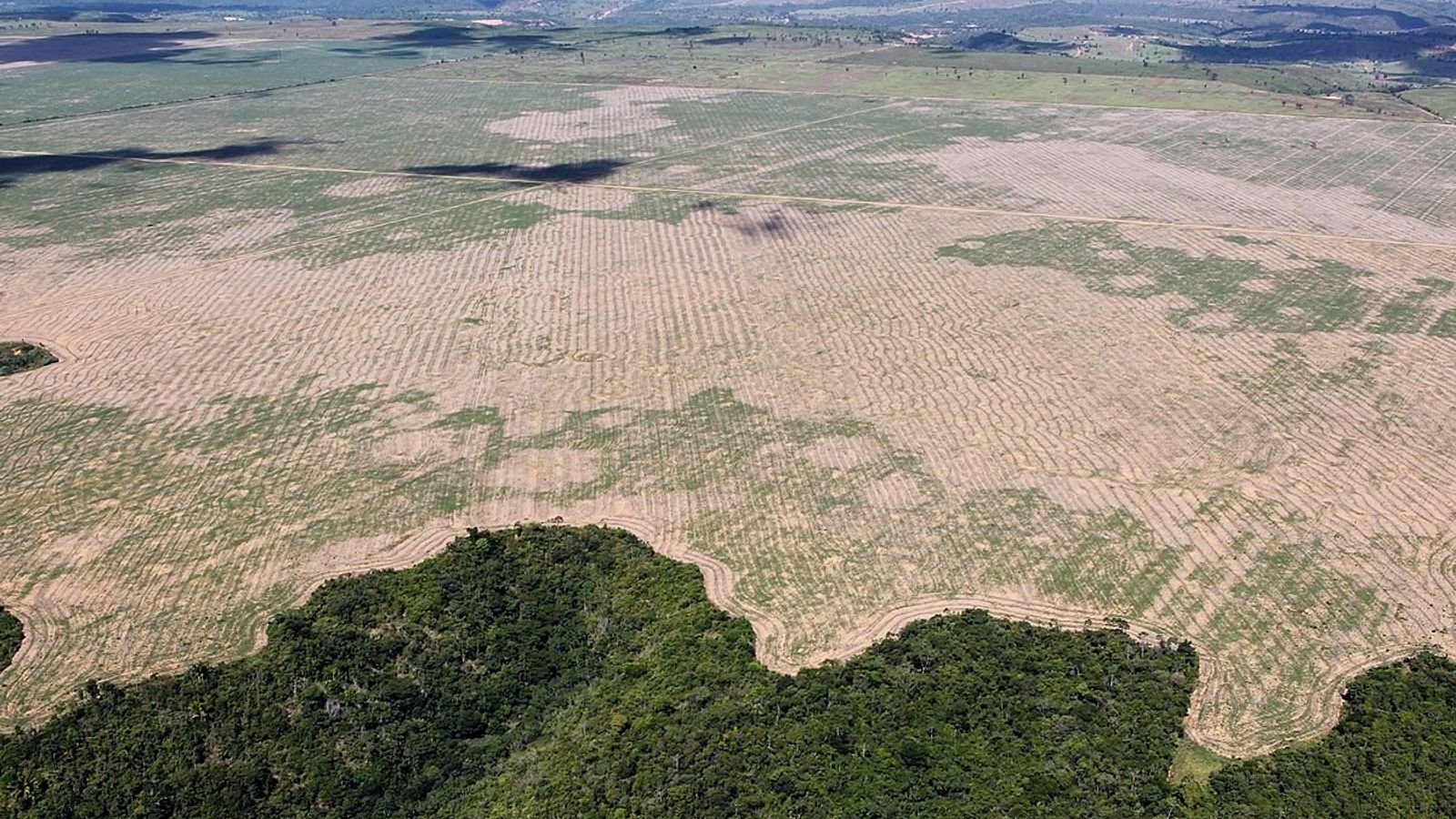A report by the organization **Global Witness** pointed to a prominent Argentine businessman for his alleged involvement in the [deforestation of more than 170,000 hectares](https://noticiasambientales.com/medio-ambiente/la-sequia-que-vive-brasil-en-mas-de-la-mitad-de-su-territorio-es-a-causa-de-la-deforestacion/#google_vignette) in South America.
The businessman in question is **Eduardo Elsztain**, president of **IRSA** and main shareholder of **Cresud**.
The affected native forests are located in **Argentina, Brazil, Bolivia, and Paraguay**.
## Serious accusation of deforestation: who is the targeted businessman
The investigation, based on satellite data, indicates that Cresud transformed vast extensions of forested lands into cultivable lands to later [sell them at higher prices](#).

Furthermore, it is mentioned that Banco Santander financed Cresud through the [purchase of bonds](#), which has generated controversy due to the [environmental and social impacts](#) associated with these activities.
One of the most critical cases mentioned in the report is in the Argentine province of **Salta**, where Cresud would have cleared more than **60,000 hectares in a single property**: Estancia Los Pozos.
Authorities from the Environmental Department of the Salta government indicated that the permits for deforestation were granted during previous administrations.
The [massive deforestation](https://noticiasambientales.com/medio-ambiente/confirman-que-la-amazonia-brasilena-registra-la-menor-area-deforestada-en-9-anos/) has had devastating consequences for local ecosystems, including the loss of biodiversity, the alteration of hydrological cycles, and the [displacement of indigenous communities](#).
Organizations like Greenpeace have repeatedly denounced that these illegal clearings [contribute to climate change](#) and the disappearance of endangered species.
“The business model is clear: they buy forested lands, clear them, use them for soy, wheat, sunflower, or livestock, and when they increase in value, they sell them,” explained **Charlie Hammans**, author of the report.
## Calls to authorities
Faced with this situation, activists and affected communities demand a strong response from authorities to [halt illegal deforestation](#) and protect native forests.
Furthermore, a review of financing policies by institutions is requested to ensure that they are not [supporting activities that threaten the environment](#) and the rights of local communities.

The Global Witness report highlighted the [need to strengthen control mechanisms](#) and sanctions against illegal deforestation, as well as to promote sustainable development models that respect human rights and biodiversity.

